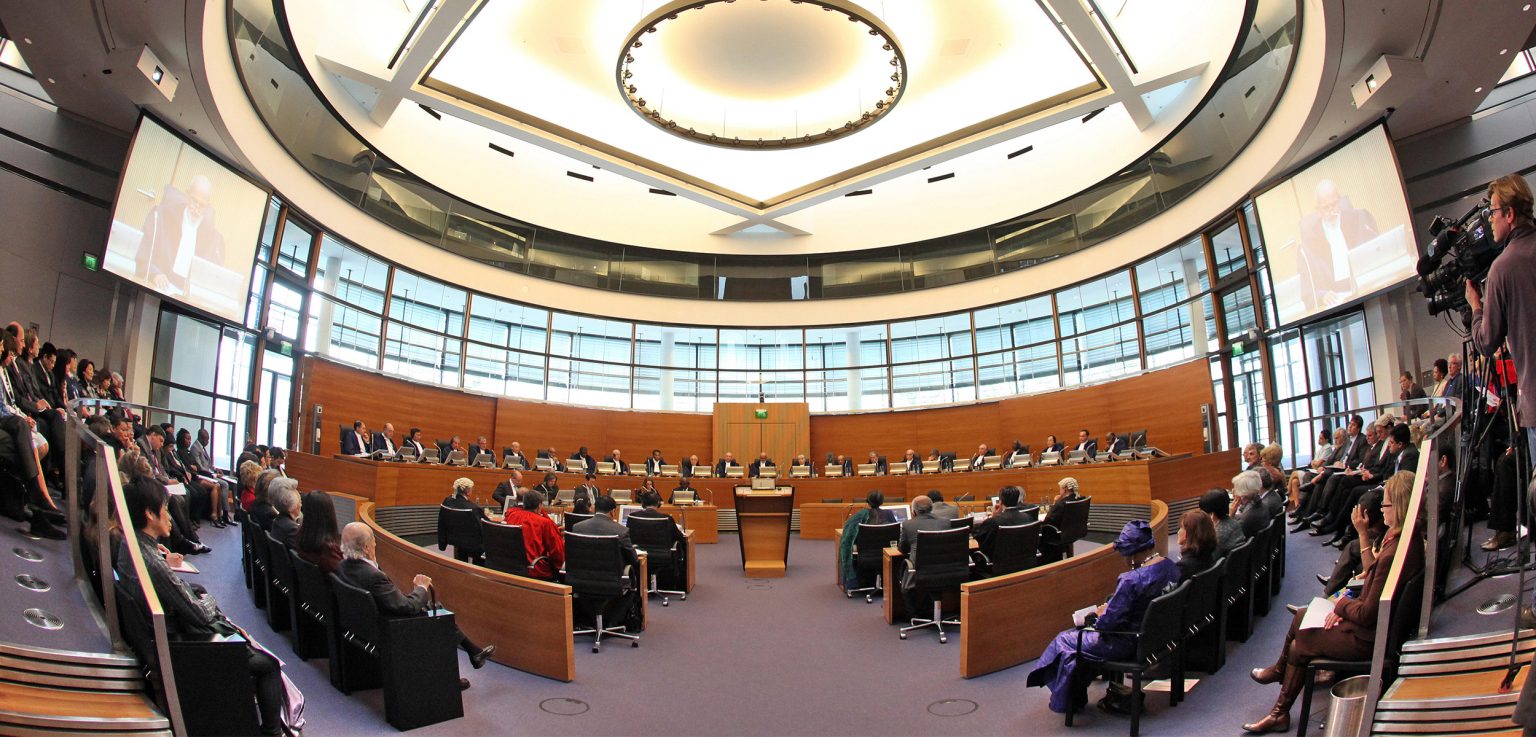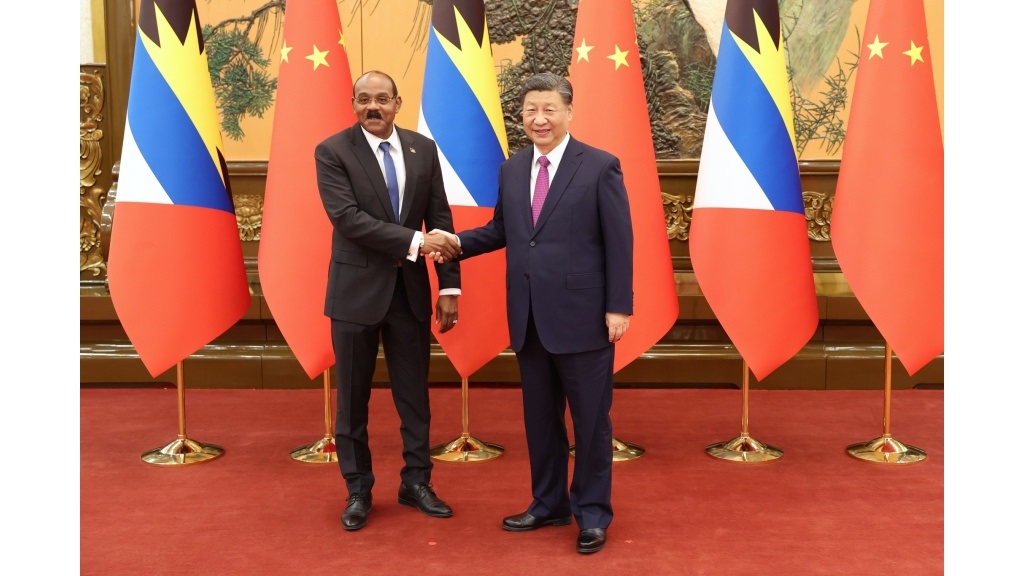Аdvеrtіѕе wіth thе most visited news site in Antigua and Barbuda ~ Wе оffеr fullу сuѕtоmіzаblе аnd flехіblе dіgіtаl mаrkеtіng расkаgеѕ. Yоur соntеnt іѕ dеlіvеrеd іnѕtаntlу tо thоuѕаndѕ оf uѕеrѕ іn Antigua аnd аbrоаd via our One Signal push notifications! Соntасt uѕ аt [email protected].
———————————————————————
Britain is in the grip of an epidemic, but not one that is caused by a virus, unhealthy lifestyles or the foods that we eat. CLICK HERE TO JOIN OUR WHATSAPP GROUP FOR NEWS UPDATES.
Instead, one of the biggest emerging threats is chronic loneliness — a feeling of overwhelming isolation coupled with a lack of meaningful relationships that now affects 3.83 million people in the UK, according to figures from the Office for National Statistics.
And perhaps surprisingly, the figures show people under 30 are the most lonely age group — 16-29 year olds are twice as likely to be chronically lonely as the over 70s.
This is not the kind of temporary loneliness some might feel when children head off to university, or a relationship ends, but an all-consuming, long-term feeling of isolation that drags down mental wellbeing.
‘Loneliness is a significant health problem which has continued to rise after the pandemic,’ Robin Hewings, programme director of the community group Campaign to End Loneliness, told Good Health: ‘For some of us, life went back to normal after the pandemic but for others it has not.’
And while it has been known for some time that loneliness can be detrimental to health, scientists are starting to unpick the reasons why. For example, alarming new research has found that being lonely can shrink our brains, heightening our risk of dementia.
Researchers from Kyushu University in Japan studied almost 9,000 men and women aged 65 and over, tallying results of their MRI brain scans with details of how much regular contact they had with family and friends.
The results, published in the journal Neurology in July, showed those with the least social contact also had the smallest brain volumes — especially in parts such as the hippocampus and amygdala that are linked with dementia. Researchers said it’s possible a lack of social contact accelerates the gradual shrinkage of the brain, which happens as people age.
Other studies show regular verbal and social encounters spark the nerve impulses needed for the formation of new connections between brain cells — maintaining brain volume.
But this isn’t the only impact that loneliness has on health. In fact, in May, the U.S. surgeon general — the country’s most senior medic — likened the impact on health to smoking up to 15 cigarettes a day.
Research shows that being socially isolated can cut up to five years off the life of someone over 60, compared with peers who are not lonely, by heightening the risk of conditions such as cancer, heart disease and dementia.
One recent study, published in June in the European Heart Journal, looked at cardiovascular disease risk over a ten-year period in 18,509 adults in the UK with type 2 diabetes.
Type 2 diabetes itself is a major risk for heart attacks and strokes as it can lead to circulation damage. But the study revealed the risks were even greater — 26 per cent higher — if those affected also lived an isolated existence, lacking friends and social contact.
But how can feeling left out of life have such a catastrophic effect on physical health?
One way is that the body responds as if it’s in danger, releasing the hormone cortisol, which increases heart rate and blood pressure, so we are ready to fight or flee the imminent threat. Chronic loneliness can cause persistent stress that means this cortisol response is permanently switched on.
Constant exposure to raised cortisol, studies show, can increase blood pressure, blood glucose levels, cholesterol and triglycerides — harmful fats in the blood.
A 2016 study published in the journal Heart, by researchers at Newcastle University, linked loneliness to a 30 per cent increase in the risk of stroke or the development of coronary heart disease.
Professor Chris Gale, a consultant cardiologist at Leeds University School of Medicine, told Good Health that loneliness can result in stress levels high enough to damage the cardiovascular system.
‘If you are stressed, the body can release hormones such as adrenaline, which make your heart race and blood pressure increase.’
Other mechanisms are under investigation, and as some people feel lonely even when surrounded by others, scientists are probing whether loneliness and social isolation have different effects.
And it seems they do. For while being lonely or socially isolated can lead to slower walking and being slower to stand up from sitting, only social isolation also leads to poorer balance, according to a study published in Scientific Reports in 2020.
All the evidence suggests that getting out and seeing more people is the answer. But it’s the type of interaction that matters, too.
Psychologists at Stirling University found the key to levels of loneliness was physical touch with a friend or loved one — not just being in their company. The results, published in June in Scientific Reports, found even among cohabiting couples, feelings of loneliness declined when there was regular physical contact from just holding hands or hugging.
And some old-school pastimes may help, too. In a U.S. study from Millersville University in Pennsylvania, published in the Journal of Evidence-Based Social Work in July, writing letters to pen pals was highly effective at combating isolation.
The researchers concluded: ‘Letter writing was a successful way to attend to loneliness and is different in many ways from email and texting.’
CLICK HERE TO JOIN OUR WHATSAPP GROUP FOR NEWS UPDATES.
Make a donation to help support ABN, via PayPal: [email protected]. Follow Antigua Breaking News on Twitter @ABNAntigua and Instgram @AntiguaBreakingNews and on Facebook. Send us a message on WhatsApp at 1-868-704-9864 or email us at [email protected].
JOIN OUR WHATSAPP GROUP FOR NEWS UPDATES: CLICK HERE.
JOIN OUR WHATSAPP GROUP FOR NEWS UPDATES: CLICK HERE.
JOIN OUR WHATSAPP GROUP FOR NEWS UPDATES: CLICK HERE.
JOIN OUR WHATSAPP GROUP FOR NEWS UPDATES: CLICK HERE.
JOIN OUR WHATSAPP GROUP FOR NEWS UPDATES: CLICK HERE.
JOIN OUR WHATSAPP GROUP FOR NEWS UPDATES: CLICK HERE.
JOIN OUR WHATSAPP GROUP FOR NEWS UPDATES: CLICK HERE.
JOIN OUR WHATSAPP GROUP FOR NEWS UPDATES: CLICK HERE.
JOIN OUR WHATSAPP GROUP FOR NEWS UPDATES: CLICK HERE.
JOIN OUR WHATSAPP GROUP FOR NEWS UPDATES: CLICK HERE.
JOIN OUR WHATSAPP GROUP FOR NEWS UPDATES: CLICK HERE.
JOIN OUR WHATSAPP GROUP FOR NEWS UPDATES: CLICK HERE.



















